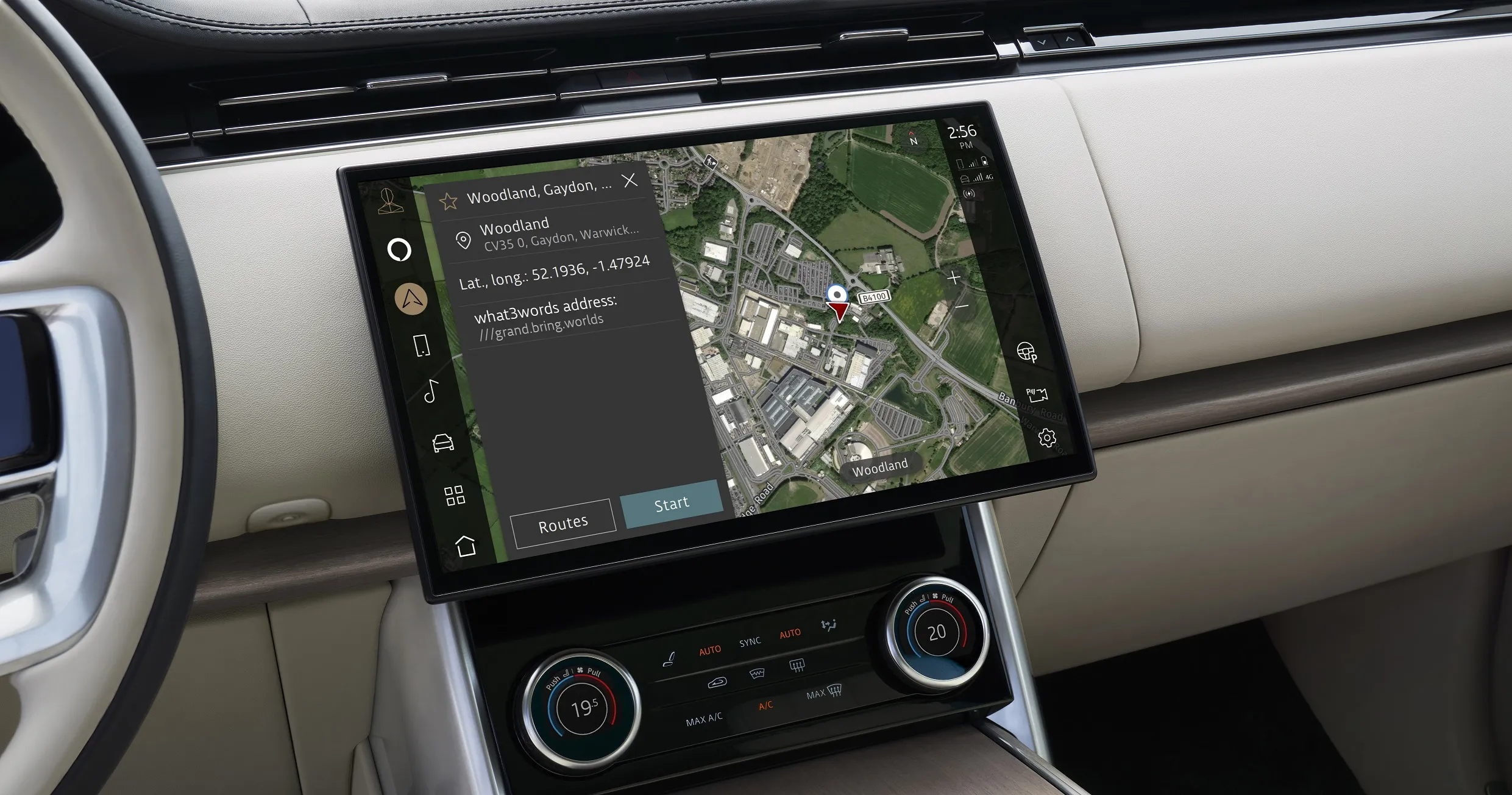Mayank Pareek, president, passenger vehicle business unit at Tata Motors, says: “Our customers will now be able to navigate to accurate three-word addresses represented by What3words; offering a clear solution to a very visible problem related to the non-standard traditional address system.”
The location technology is expected to help solve the issue of regional address formats across India which includes unnamed streets and localities coupled with buildings with no numbers.
According to Tata, the system has divided the world into 3mx3m squares and has assigned each square an identifier made of three random words. For example, a prominent landmark such as the Gateway of India located in Mumbai can be found at ///holiday.surpises.design, the company adds.
What3words is available in 36 languages, including Hindi, Bengali, Tamil, Telugu and Marathi. Users can download the solution on iOS and Android platforms.
Tata and What3words simplify last-mile in India
Automobile manufacturer Tata Motors has joined forces with location technology provider What3words to help simplify last-mile navigation in India.
October 11, 2019
Read time: 1 min










